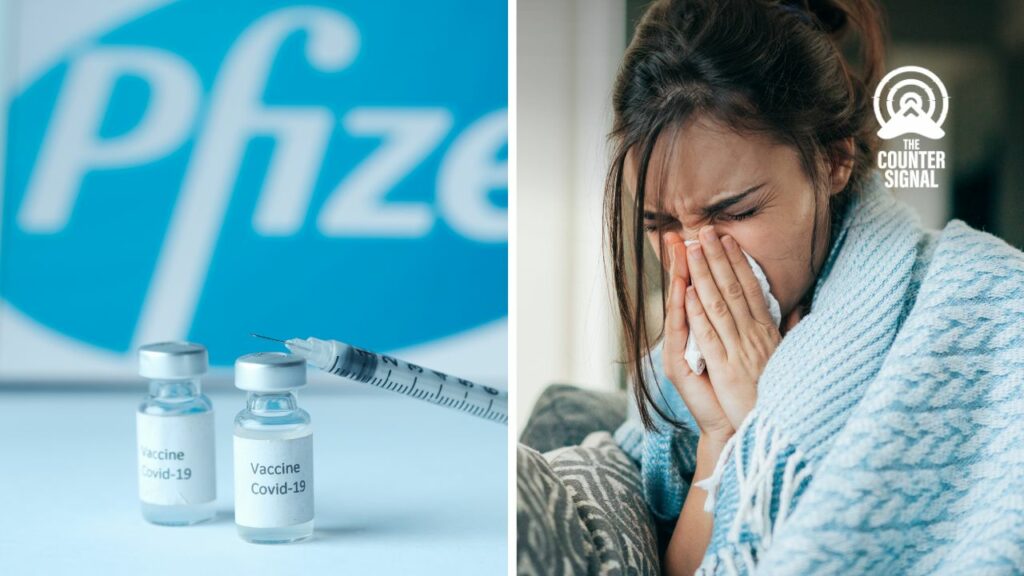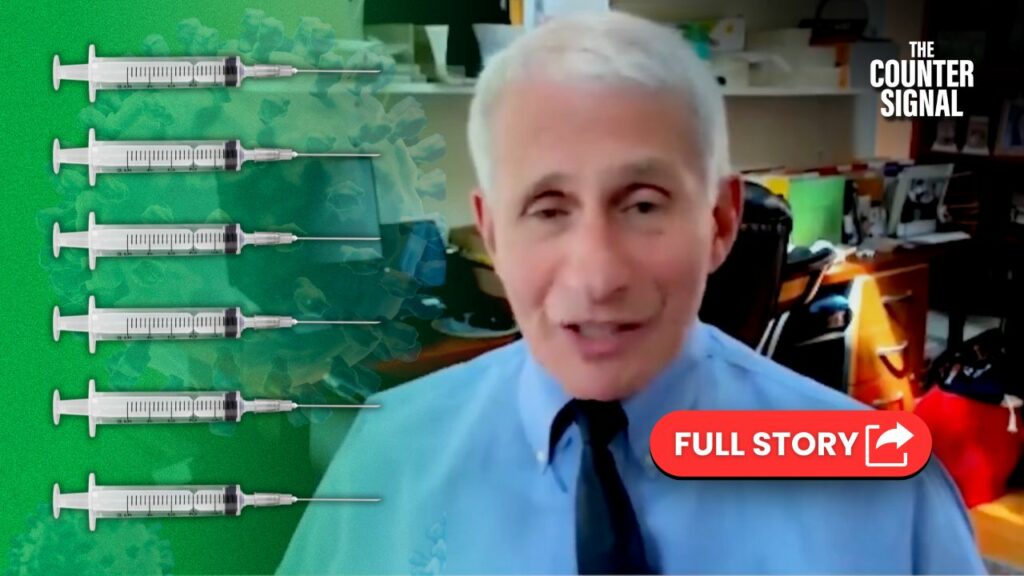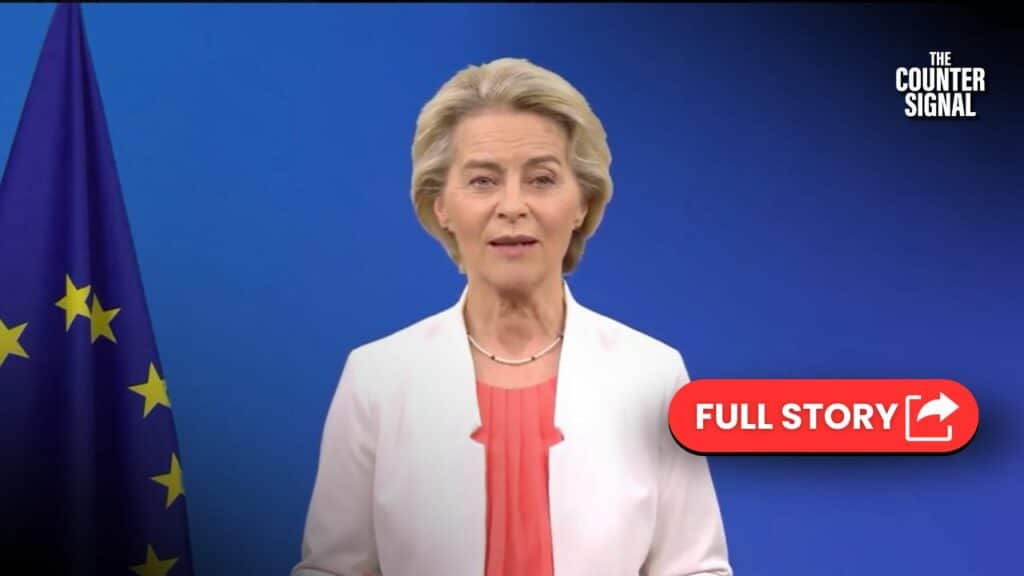The devastating Cleveland study that found the more COVID vaccines individuals receive, the more likely they are to be infected with COVID — has passed peer review.

Researchers included over 50,000 participants in their study, all who were employees at the Cleveland Clinic in Ohio.
“The association of increased risk of COVID-19 with higher numbers of prior vaccine doses in our study, was unexpected,” researchers stated.
🚨🚨🚨 BREAKING: Cleveland clinic study which found that "The higher the number of vaccines previously received, the higher the risk of contracting COVID-19" has been peer review published. Cleveland clinic is No. 2 Hospital in World. Excerpts below:https://t.co/cotyBDjMDI pic.twitter.com/mYFsNbw9Yd
— ⌘ ⌘ MrsPitbull ⌘ ⌘ (@MrsPitbull) May 29, 2023
In January, prior to the study passing peer review, several vaccine skeptics disseminated the alarming “pre-print” study. Twitter tagged posts about the pre-print with Community Notes to inform social media users that it hadn’t yet passed peer review.
But now that the study has been peer reviewed, it’s officially a scientific finding that vaccines not only don’t help prevent infection, but they make getting infected more likely — an astonishing hit to the so-called effective vaccines that’s known as “negative efficacy.”
Compared to unvaccinated individuals:
- Participants who’d received one Covid vaccine were 1.7 times more likely to test positive for Covid
- Participants who’d received two Covid vaccines were 2.63 times more likely to test positive for Covid
- Participants who’d received three Covid vaccines were 3.1 times more likely to test positive for Covid
- Participants who’d received four or more Covid vaccines were 3.8 times more like to test positive for Covid
Researchers said that a simplistic explanation for the startling results would be that higher-risk individuals received more vaccines.
“However, the majority of subjects in this study were generally young individuals and all were eligible to have received at least three doses of vaccine by the study start date, and which they had every opportunity to do,” they said.
In other words, most individuals who had received three shots or less were eligible for more but chose to ignore the CDC’s guidance on staying “up-to-date” on COVID vaccines.

The study showed risks over three months, starting September 12, 2022. This was the first day the bivalent COVID vaccine became available to employees at the clinic.
Researchers conclude
Researchers concluded the bivalent COVID-19 booster was only 30% effective in preventing infection.
YouTube removed a video of Dr. John Campbell presenting the data to his audience of 2.7 million followers. However, Rumble, an alternative video-sharing platform, kept the video up.
Last summer, most Canadian provinces stopped publishing information about infections according to vaccine status, right around the time the vaccinated population was beginning to show higher rates of infection per capita.










